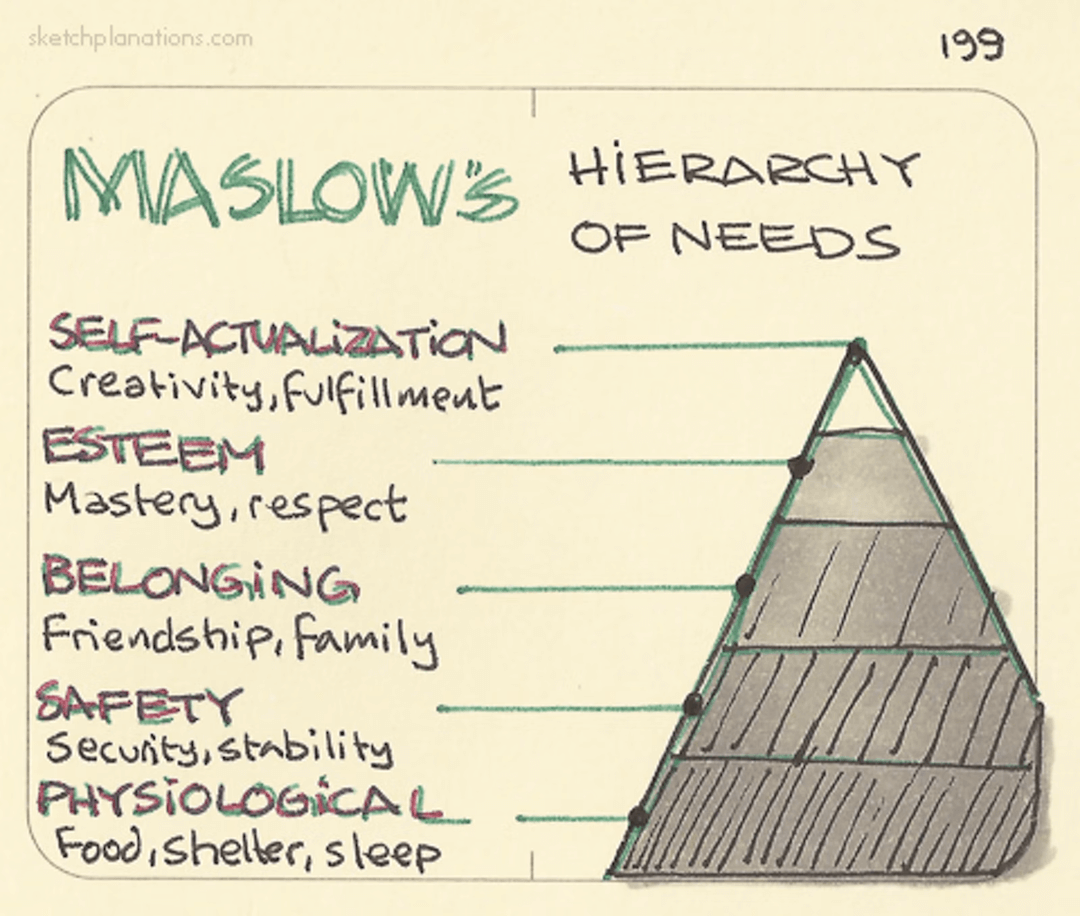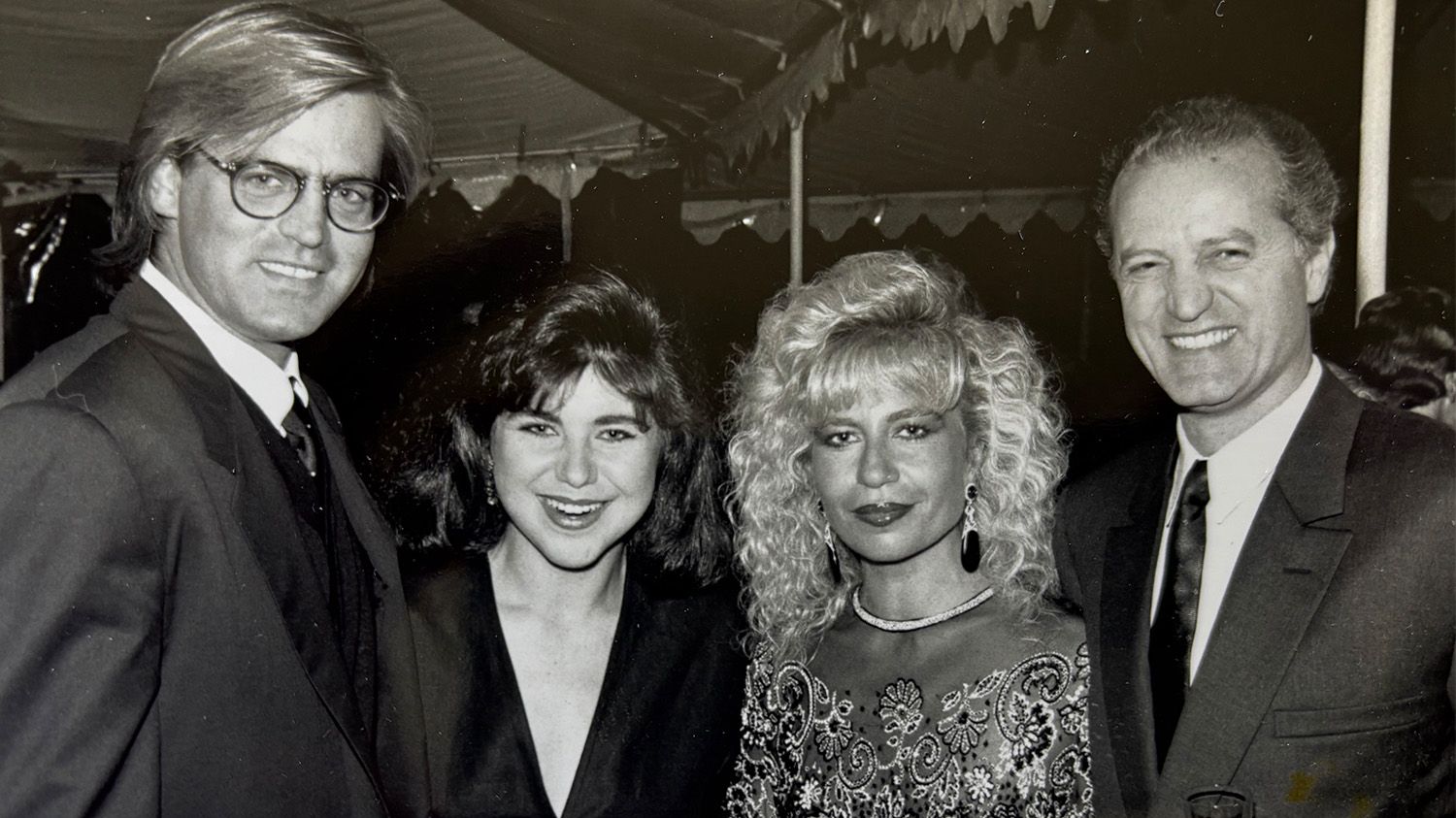How Do We Achieve Fulfillment?

Want to listen to this article instead? Tune in here.
An extraordinary Life Coach is probably not smarter, richer or more academically accomplished than her clients.
She may not be older, wiser or more worldly than her clients either.
But if she’s really good at supporting them to live a more optimal and fulfilling life, it’s a good bet that she has made one transformative shift for sure.
She’s turned pro!
She has made the decision to stop living life as an amateur and start living it as a pro.
I lived life as an amateur for far longer than I care to admit!
When I hear my young adult clients berate themselves for certain unhelpful behaviors, I let them know that I was deploying those behaviors and habits well into my 40’s. So however bad they think they’re doing, they are still decades ahead of where I, as well as most seemingly successful adults, were at their ages.
The truth is that for most of human history our ancestors have lived in true scarcity—often unsure of the guarantee of a roof over their heads, the survival of their children, and food in their bellies. We are the first generation that has achieved Maslow’s first two most basic and necessary hierarchy of needs (Physiological and Safety ) and now have the opportunity to expand the top three—our needs for Belonging, Esteem and Self-actualization.

Photo credit: Sketchplanations
If you are reading this blog, there’s a good chance that you are already what society objectively deems as successful in life. But what’s missing for so many of us is the sense of fulfillment that we assumed would come when we achieve this measure of life success.
“Success without fulfillment is the ultimate failure.”
— Tony Robbins
I agree with Tony, mostly because I see this truth come to life in the deep coaching conversations I have every day.
And also because, well, it was my own story.
So how do we achieve fulfillment?
The ground zero of this work is to replace the word, achieve, with create.
The single biggest mindset shift I made and I now help my clients make is to stop living life as an amateur and to finally turn pro.
One of my most powerful tools is helping them understand the distinction between achievement and creation.
Here are some (but not all) of the most important differences between the two:
Achievement is a finite game.
Once you reach your goal, you’re done! But have you noticed how long the fulfillment lasts? The goalpost is always moving. The goal is finite but the hustle is endless and over time, exhausting.
Creation is an infinite game.
It’s a journey that requires and rewards constant growth. Here’s the secret that pros know and amateurs don’t—fulfillment is the result of growth, not achievement.
Achievement is subjective.
The goal that poses as success, is made up! It’s made up by humans and can change at the drop of a hat. It was only days after I finished my first 50 kilometer Ultra that success started to look like 50 miles. Today success can disguise itself as no less than a 100 miles. If I let it.
Creation is objective.
There is something here today that did not exist yesterday. Neither I nor anyone else can argue with the creation and growth of our whole self—professionally, emotionally, physically, and in all the roles we have chosen (not forced to) embody. When we are experiencing growth through conscious creation there is no longer a scoreboard, a judge or an hourglass. There is only generous space, time and possibility.
Achievement is about being right.
Here’s where amateurs really distinguish themselves from the pros. They stubbornly double down on getting to their original goal regardless of information and feedback they receive along the way. For amateurs, it’s far more important to be right than to grow. I would set a goal to lose 10 pounds within 3 months—notice how the goal is finite and subjective. I’d put my head down and pummel towards my goal regardless of any high quality feedback from the world. I wouldn’t consider any feedback other than the number on the scale. Whether I lost 10 pounds or not, it didn't matter in the long term. Because as an amateur, I always chose fast over far. That’s how I ended up at square one regardless of any temporal achievements.
Creation is about learning what’s right.
Pros are far more interested in learning what is true and right than in proving their point of view. Being open to learning and growth allows them to create opportunities and options that are not readily visible to those who want to prove they are right at any cost. Pros want the best outcome even if it means changing their mind about what’s right.
Living life as a pro takes deep commitment and considerable investment of our time, attention and resources.
But nothing is more costly than continuing to live life as an amateur.
If these distinctions resonate with you and you would like the complete list, please reach out here.







